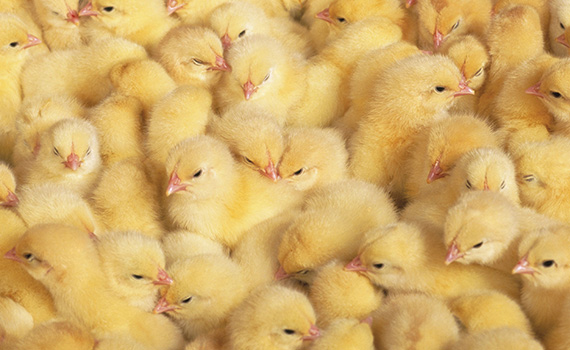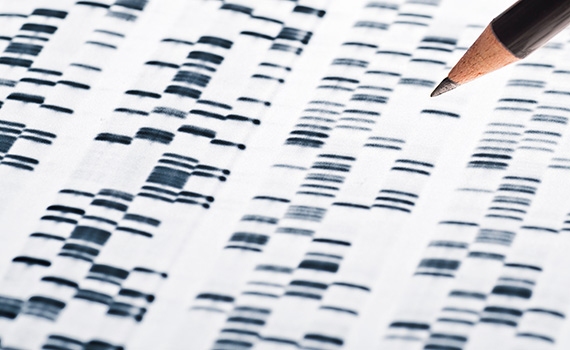Better protection shown with recommended Marek’s disease vaccine dose in two genetic lines

The recommended dose of two Marek’s disease virus (MDV) vaccines provided better protection in two genetic lines of meat-type chickens compared to a lower dose, the results of a recent study show, Tarsicio Villalobos, director of technical services, Zoetis, said at the AAAP conference.1
In their controlled study, investigators sought to determine if the origin and dose of CVI988-strain MDV vaccines affect the efficacy against an early challenge with very virulent (vv) MDV.
Commercial hatchery eggs from two different genetic lines were injected in ovo at 18 days of incubation. They received Vaccine A, a competitor product, or Zoetis’ Poulvac® Ovoline CVI. Each vaccine was administered at the higher recommended dose of 4,000 plaque-forming units or at a lower dose. At hatch, females were sorted out, injected with ceftiofur and transported to North Carolina State University, where they were challenged with the vvMDV strain 648A.
At 7 days of age, there were no significant differences in bodyweight between birds that received the high or low dose of either vaccine, but by 21 days of age, bodyweight was significantly better in birds that had received the full, recommended dose of Poulvac Ovoline CVI compared to a group of controls that were not vaccinated and challenged, Villalobos said.
In addition, protection against the challenge as determined by the presence of MD lesions was significantly better at 51 days of age in birds that had received the recommended dose of both vaccines compared to the low dose and control. Both vaccines at the full dose did not seem to be affected by the genetic lines used in the study, he said.
1 Villalobos T, et al. american Veterinary Medical Association Convention notes; American Association of Avian Pathologists Symposium, 2013, Chicago. Zoetis inc. study #05-11-70aQO.
Posted on January 15, 2014
 We’re glad you’re enjoying
We’re glad you’re enjoying










